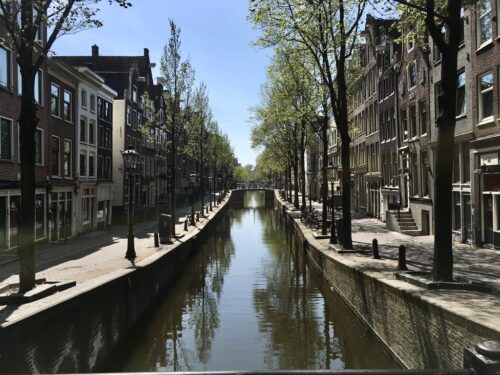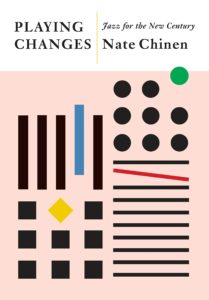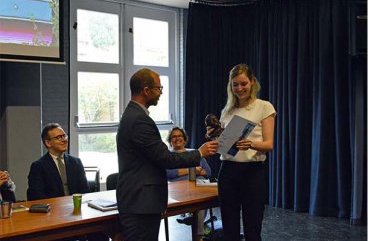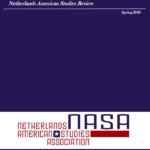 The Netherlands American Studies Association is proud to announce a new venture: The Netherlands American Studies Review, a bi-annual journal founded, as the editors note, “to promote and celebrate student excellence in the field of North American Studies nationwide, including – but not limited to – history, politics, literature, and society.” The inaugural issue casts transatlantic and hemispheric nets, with articles on modern climate politics, on the American West in recent literature film, on the American West in video games, on the novels and journalism of the Ciudad Juárez femicides, and more.
The Netherlands American Studies Association is proud to announce a new venture: The Netherlands American Studies Review, a bi-annual journal founded, as the editors note, “to promote and celebrate student excellence in the field of North American Studies nationwide, including – but not limited to – history, politics, literature, and society.” The inaugural issue casts transatlantic and hemispheric nets, with articles on modern climate politics, on the American West in recent literature film, on the American West in video games, on the novels and journalism of the Ciudad Juárez femicides, and more.
Two contributions come from the University of Amsterdam. Job Wester, in “The Land of Cars, Crime, and Capitalism: The European Imagination of the United States in Hergé’s Tintin in America,” charts the making and remaking of Tintin through the mid-twentieth century, thus to illuminate “the Belgian imagination of American society in the 1930s through the looking glass of a conservative Catholic newspaper comic.” Among other lively details, Wester notes Hergé’s satire of American religion “as advertised on the streets of Chicago: ‘Profit from our new religion! Join the Brothers of Neo-judeo-buddho-islamo-americanism, and earn the highest dividends in the world.’ Capitalism as religion, money as sacred, Hergé indulged his smug European Catholic readers with tales of a depraved American society.”
Melle van Dammen’s contribution is another transatlantic illumination. Edward Bellamy’s Looking Backward, the American utopian novel from 1887, van Dammen shows, has had a curious legacy in Dutch politics and culture. The novel was first translated in 1890, as In het Jaar 2000, by Frank van der Goes, who would later be among the founders of the Sociaal-Democratische Arbeiderspartij. In the 1930s, the Internationale Vereniging Bellamy revived him yet again, in a liberal mode; the IVB was at first tolerated in the Nazi occupation but eventually crushed. Its postwar iteration, Nederlandsche Bellamy Partij, would eventually fold into the constellation that became GroenLinks. “Looking Backward was, in the end, a rather conservative middle-class fantasy that was never able to find broad support among the working classes,” van Dammen notes, making its regular cameos in the career of Dutch social democracy all the more remarkable.
This undertaking began months ago; it represents the long work of writing and rewriting, editing and re-editing. The Editorial Committee consists of Debby Esmeé de Vlugt (editor-in-chief), Celia Nijdam, Heleen Blommers, Loïs Machelessen, and Esther Baar.
That it has been completed and launched now, in this terrible moment, makes it not merely a showcase of student work but an expression of intellectual community. We look forward to more.

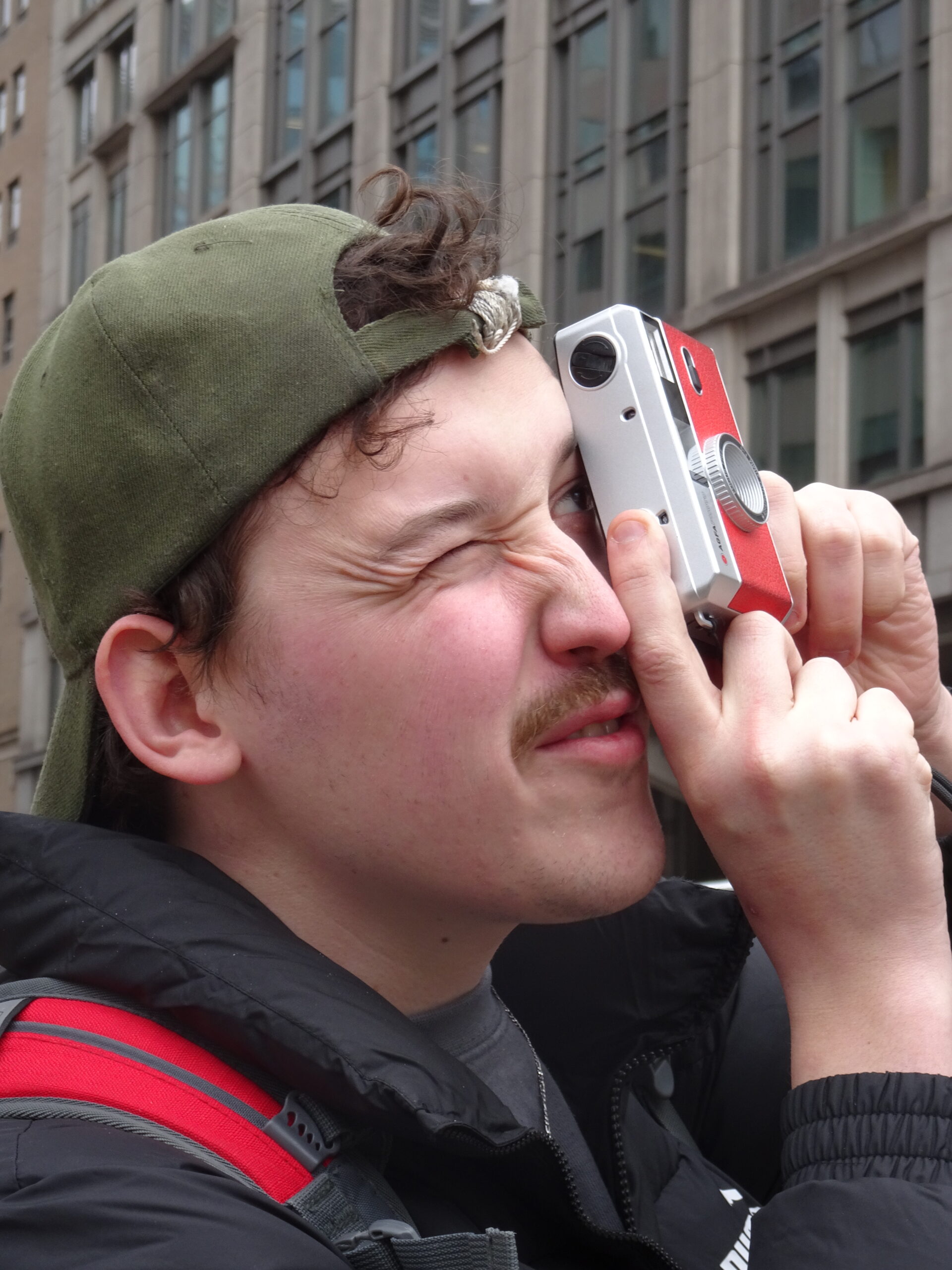
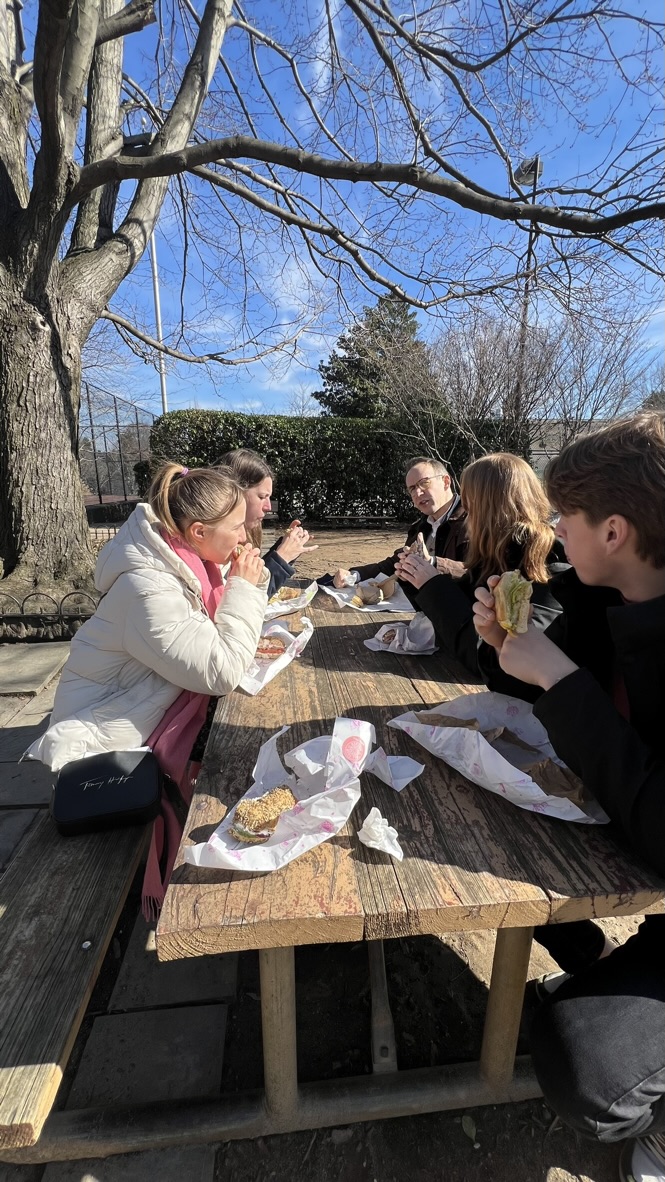
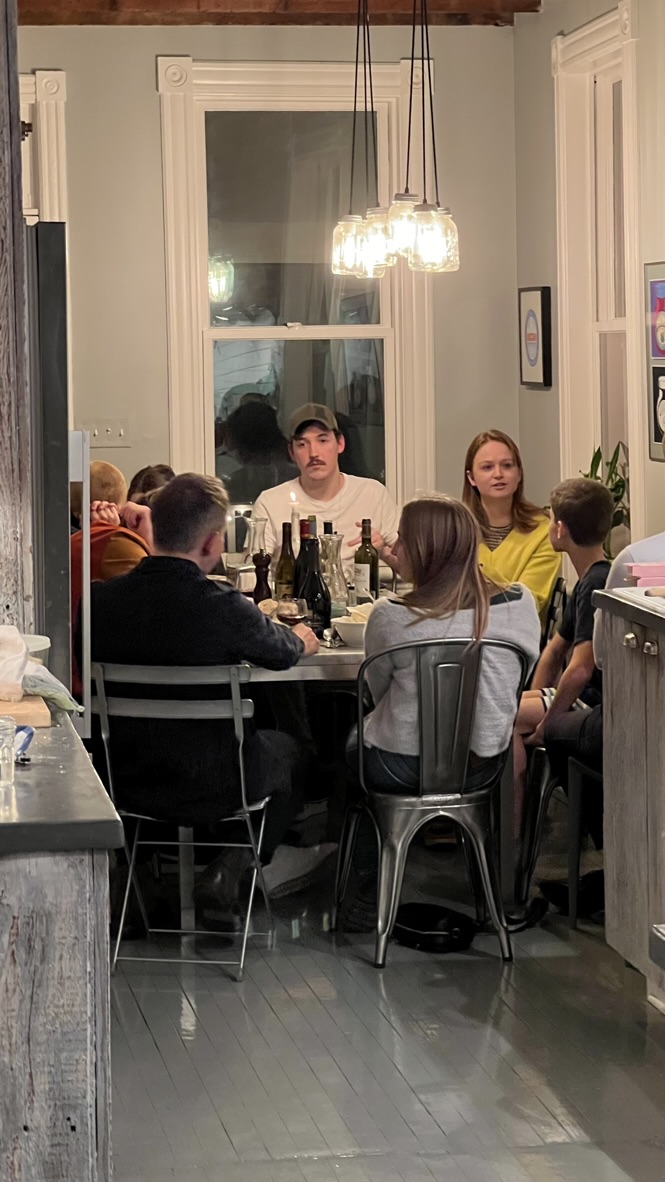
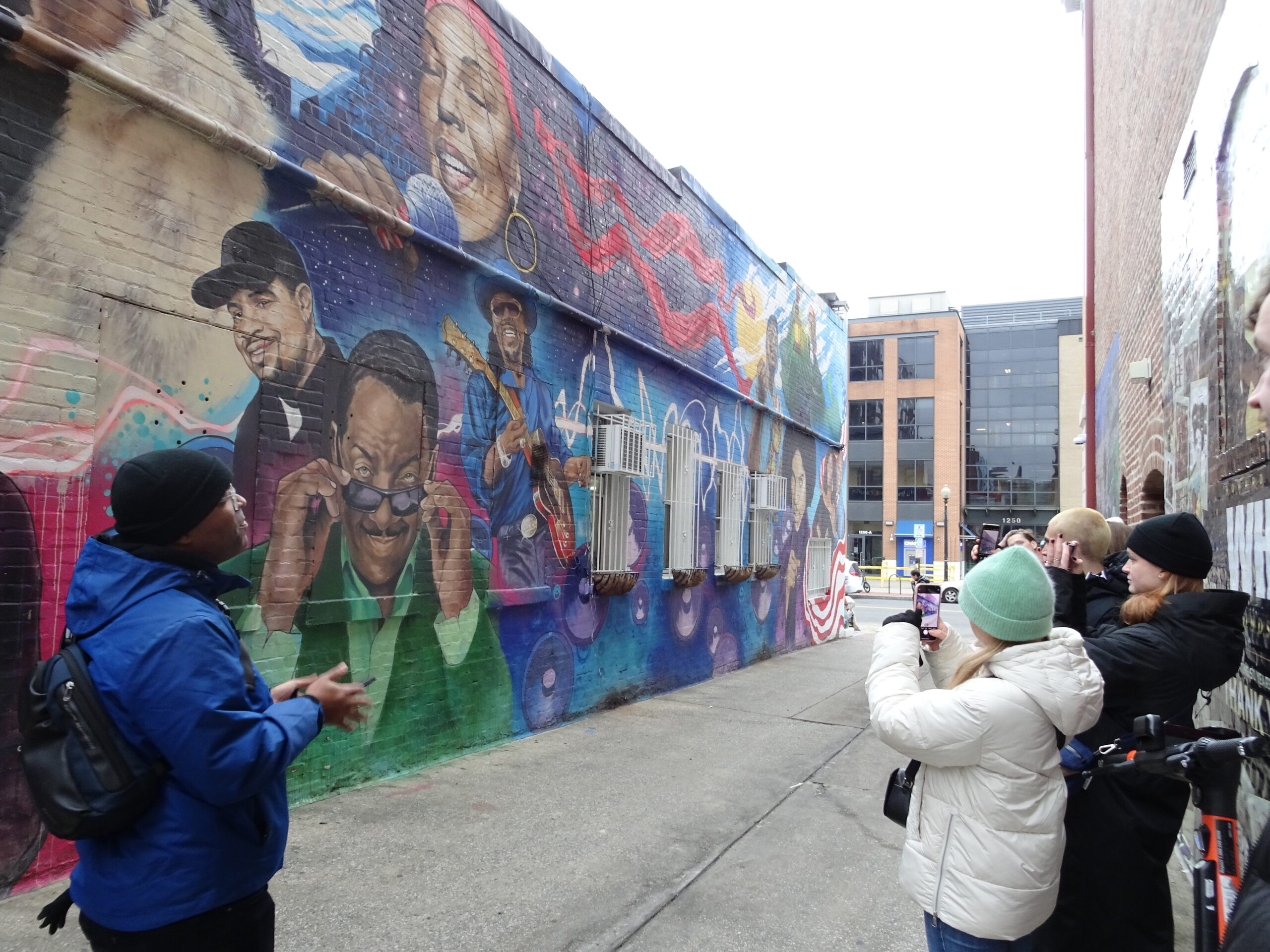
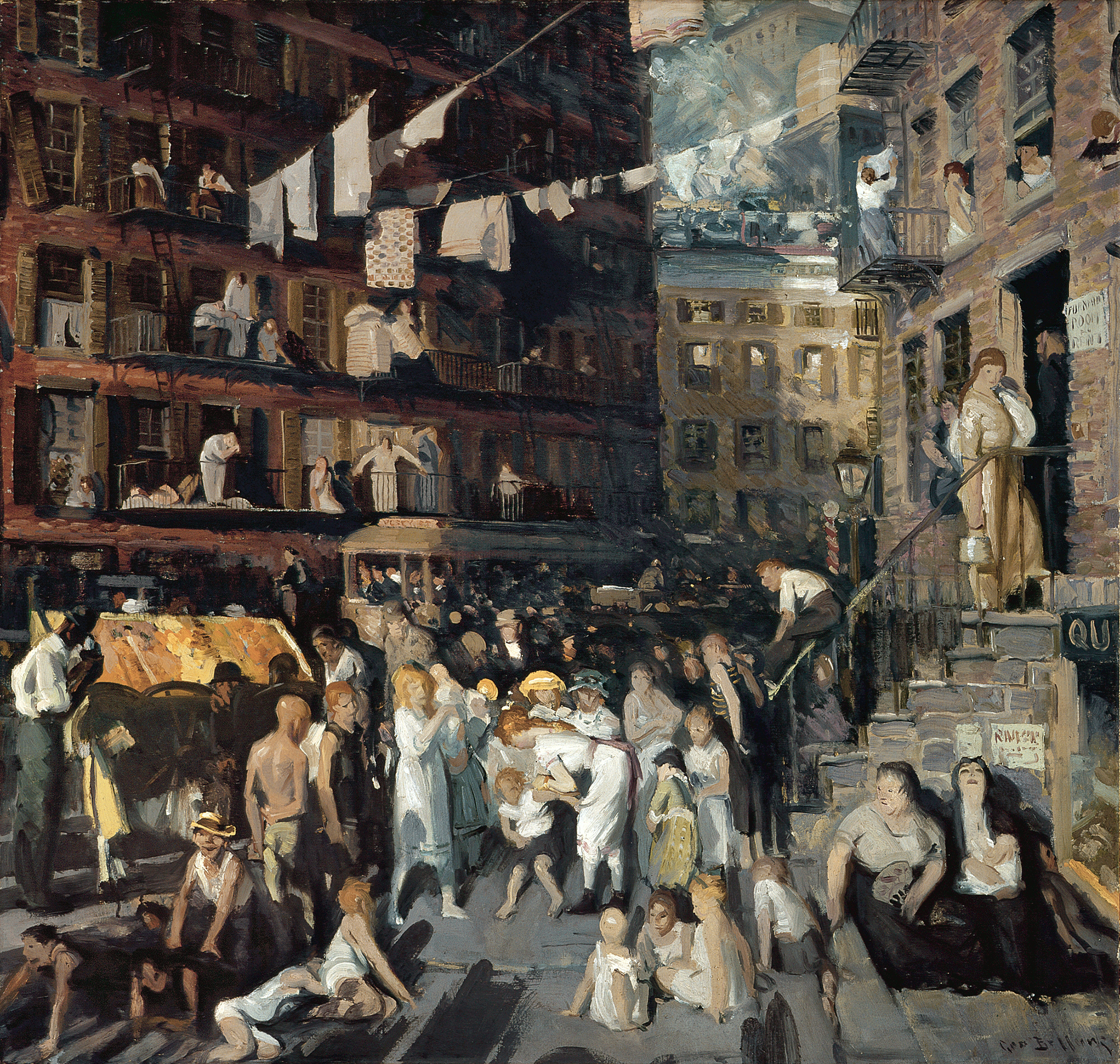

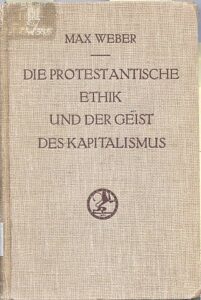 “America Inside Out” is an MA seminar in our program about international perspectives of the United States. Among its texts is Weber’s The Protestant Ethic and the Spirit of Capitalism (1904-1905). That book grew out of a trip to the U.S. in 1904, where,
“America Inside Out” is an MA seminar in our program about international perspectives of the United States. Among its texts is Weber’s The Protestant Ethic and the Spirit of Capitalism (1904-1905). That book grew out of a trip to the U.S. in 1904, where,  The Netherlands American Studies Association is proud to announce a new venture:
The Netherlands American Studies Association is proud to announce a new venture: 